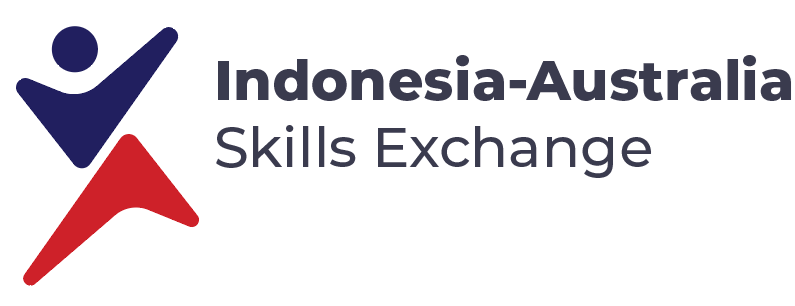Type of training
Explore the broad range of training delivered by Australian education providers tailored to your needs.
Short-courses:
A short course is a concise and focused workshop or course designed to provide participants with specific knowledge and skills in a relatively short span of time. These courses typically span a few hours or days, making them a practical choice for individuals or teams seeking to upskill or reskill quickly. Short courses often cover a wide array of subjects, such as team building, leadership development, and soft work skills, aimed at enhancing employability and addressing current industry demands. They serve as an efficient means for learners to access targeted education, making them well-equipped for the evolving workforce and contributing to personal and economic growth.
Micro-credential:
A microcredential is a focused and concise program or certification that focuses in on specific, practical skills and knowledge that is accredited through a recognised education provider. Unlike traditional degrees, microcredentials are designed to be completed in a shorter timeframe, often weeks or months, and are centred on a particular competency or expertise. These bite-sized credentials are gaining popularity for their ability to provide individuals with targeted, job-relevant training in rapidly evolving fields such as data analysis, digital marketing, or coding. Microcredentials are ideal for those seeking to upskill quickly or validate their expertise, making them useful in a dynamic field.
Credential:
A credential provides individuals with formal qualifications in specialised skills through ongoing study and assessments, offered in both online and in-person formats. Unlike short courses or microcredentials, credentials typically involve a more extended program of study, offering a comprehensive and in-depth validation of knowledge and skills. These credentials go beyond the scope of shorter educational modules, featuring a structured curriculum specifically tailored to meet the demands of particular professions or industries such as in manufacturing, mining and healthcare. They serve as a recognised means of showcasing an individual's expertise, their competency to complete certain tasks and contributing to their professional advancement in their chosen field.
